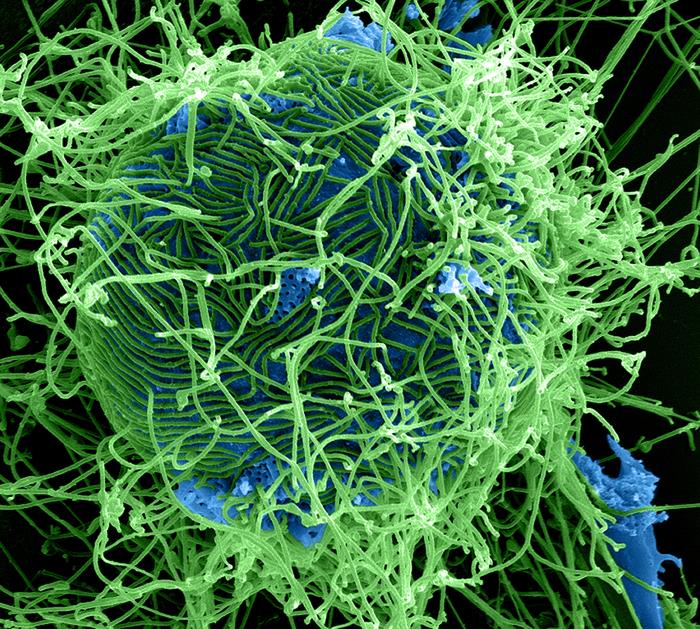An Ebola vaccine will take the next critical steps in development under a $24.75 million contract through May 2020 between the U.S. Department of Health and Human Services’ Office of the Assistant Secretary for Preparedness and Response (ASPR) and BioProtection Systems Corp. (BPS) of Ames, Iowa.

“The Ebola epidemic of 2014 and 2015 was just the latest outbreak of this potentially deadly disease and we cannot predict when or where the next outbreak will occur,” explained BARDA Acting Director Dr. Richard Hatchett. “We can prevent future epidemics by acting quickly and decisively to complete development of Ebola vaccines and treatments for use worldwide. As a global public health threat and a potential bioterrorism threat, Ebola remains a priority.”
There currently are no vaccines or treatments approved for use against Ebola. The Centers for Disease Control and Prevention (CDC) recently determined that the Ebola virus can be found in semen for a year or longer after a person has recovered from the illness. The most recent case of Ebola occurred in West Africa in April of 2016. In 2014 and 2015, the Ebola epidemic in West Africa led to more than 28,000 suspected cases of the illness, more than 15,000 confirmed cases, and 11,310 deaths.
Since the 2014-2015 epidemic, BPS has worked with Merck and Co., Inc. to advance a vaccine, known as V920, through multiple clinical studies, including studies conducted among health care professionals working in West Africa. The results suggesting that V920 protected against Ebola virus infections in humans were published in July 2015.
Today’s agreement builds on previous Ebola vaccine development efforts undertaken by BPS with support from ASPR’s Biomedical Advanced Research and Development Authority (BARDA).
Under the previous ASPR contract, BPS developed a process to scale up manufacturing of V920 to produce large quantities of the vaccine. Under the agreement announced today, the company will enable the validation of those manufacturing processes to ensure commercial quantities of the vaccine can be made available for future outbreaks if needed.
The contract could be extended for up to a total of five years and $75.98 million to support additional safety studies and analyses of how well the vaccine stimulates the human immune system when produced at commercial scale. All of these efforts will support the company’s application for vaccine licensure through the U.S. Food and Drug Administration.

